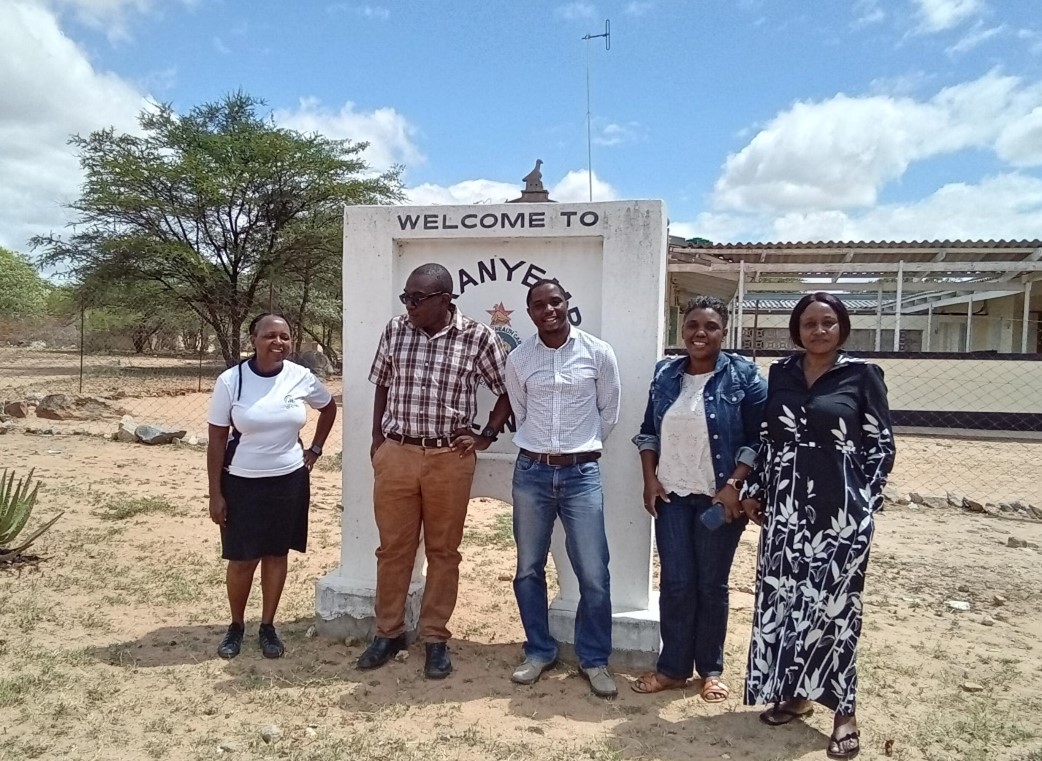Using digital health technology to manage people with cancer symptoms in Southern Africa
Against a background of rising cancer morbidity and mortality in Southern Africa, a new study investigates whether digital health technology (‘eHealth’) has the potential to expand access to healthcare, particularly for remote communities.

The interview study, conducted in South Africa and Zimbabwe, explored the barriers and facilitators to eHealth use by Health Care Workers (HCWs) in the management of people with symptoms of possible breast, cervical or colorectal cancer. Workshops with clinicians were conducted to verify the credibility of interview findings.
Responses from interviewed Health Care Workers revealed four themes:
(i) lack of reliable infrastructure hindered eHealth use
(ii) use of personal mobile devices increased eHealth access, but at the expense of patient privacy and personal cost
(iii) tools already in use were poorly integrated into workflow, and their use disrupted consultations
(iv) attitudes toward digital health formed a spectrum, ranging from enthusiasm, through resistance, to complete opposition.
Researchers say that, to capitalize on the potential benefits of eHealth use, infrastructural challenges need to be addressed, and tools must be designed that meet user needs and can be integrated into clinical workflow. They note that where resources such as electricity are limited, use for eHealth should be weighed against use for other priorities. As the use of eHealth tools risks contributing negatively to climate change, tools need to be developed to meet the needs of the region. The researchers conclude that their findings can be used to guide future eHealth design or implementation strategies that are more contextually suitable.
This project was part of The African aWAreness of CANcer & Early Diagnosis Program (AWACAN-ED), which aims to advance awareness and early cancer diagnosis, funded by NIHR.
Author Suzanne Scott said: There is excitement and promise in the potential of technology to bolster initiatives to promote early detection of cancer in Southern Africa. Digital health tools could support administration, clinical management, referral systems and healthcare worker education and training. To embrace the potential of digital health tools it is essential to understand what is usable in this context given the constraints of costly internet connectivity, inconsistent electricity and limited access to suitable electronic devices. This paper offers a vital insight into the reality of implementation of digital health tools in Southern Africa and provides clear recommendations for both the tools and the infrastructure to support their use.
Healthcare workers’ perspectives on the barriers and facilitators to digital health technology use to support symptomatic cancer diagnosis in Southern Africa: a qualitative study. Kirsten D Arendse, Sarah Day, Bothwell Guzha, Tasleem Ras, Valerie A Sills, Natalie Tegama, Jennifer Moodley, Fiona M Walter, Suzanne E Scott. JMIR 2025; DOI: 10.2196/68412